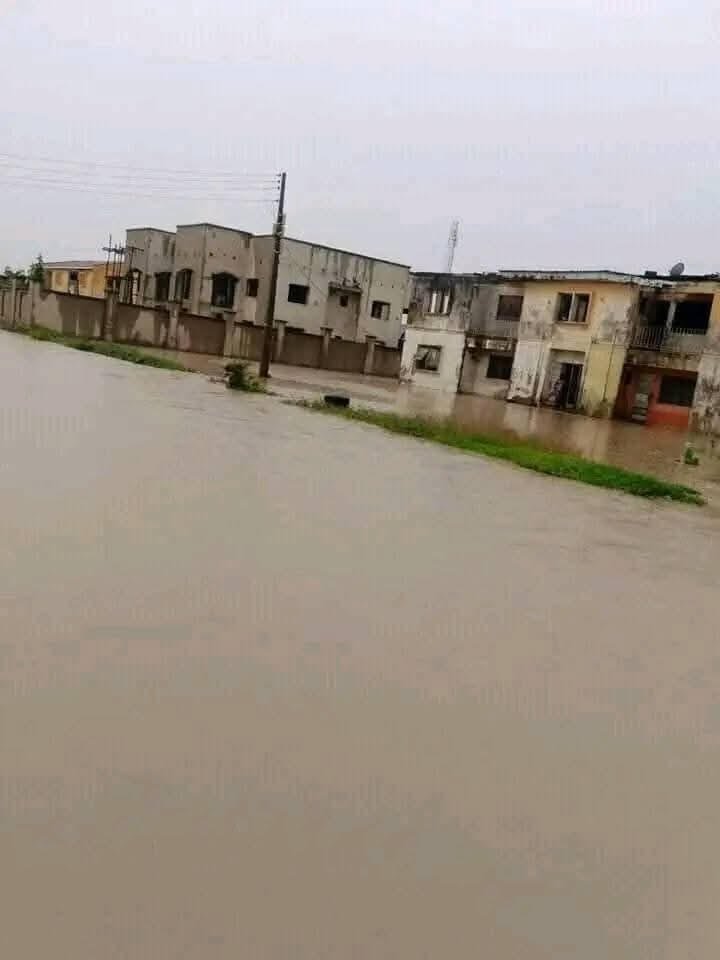A new report by SBM Intelligence has revealed that the rising cost of preparing a basic pot of jollof rice is highlighting the intensifying food insecurity crisis gripping West and Central Africa, with Nigeria emerging as a key flashpoint.
According to the report, over 40 million people across the region struggled to access food during the 2024 post-harvest season. That number is projected to rise to 52.7 million by mid-2025, with an estimated 3.4 million expected to face emergency levels of hunger.
SBM attributes the crisis to a combination of “conflict, fluctuations in climate, economic instability, and pressures from the global economy.”
In Nigeria, food security is deteriorating rapidly, especially in conflict-affected areas. “31% of women aged 15–49 are currently malnourished in areas experiencing insecurity,” the report noted, highlighting the growing toll of hunger in the country.
One of the clearest indicators of this crisis is the group’s Jollof Index, which tracks the cost of preparing the popular West African dish. Between September 2024 and March 2025, the index recorded a 19% rise in jollof rice preparation costs—from ₦21,300 to ₦25,486.
“The rise in the cost of preparing jollof rice underscores wider systemic issues, including rising fuel prices, insecurity, transportation disruptions, and supply shocks caused by climate change,” the report stated.
Cities such as Port Harcourt, Kano, and Bauchi have borne the brunt of this inflation. Port Harcourt experienced a staggering 55.1% increase in the cost of cooking jollof rice, followed by Kano with a 53.8% rise and Bauchi with a 34.9% hike.
“Insecurity remains a significant issue, as events like the murders of farmers in Benue, Borno, and Plateau States are hindering agricultural efforts and restricting the local food supply,” the report added.
Experts warn that the consequences of worsening food insecurity are already visible, particularly among children. Malnutrition is contributing to stunted growth, weakened immune systems, and higher mortality rates.
“Food insecurity contributes to migration, puts pressure on host communities, and obstructs economic development,” specialists cautioned in the report.
As the crisis deepens, SBM and humanitarian agencies are urging governments and stakeholders to act. “Focused efforts in stabilizing food supply and monitoring markets are essential to tackling the increasing food security issues in West Africa,” the report emphasized.



